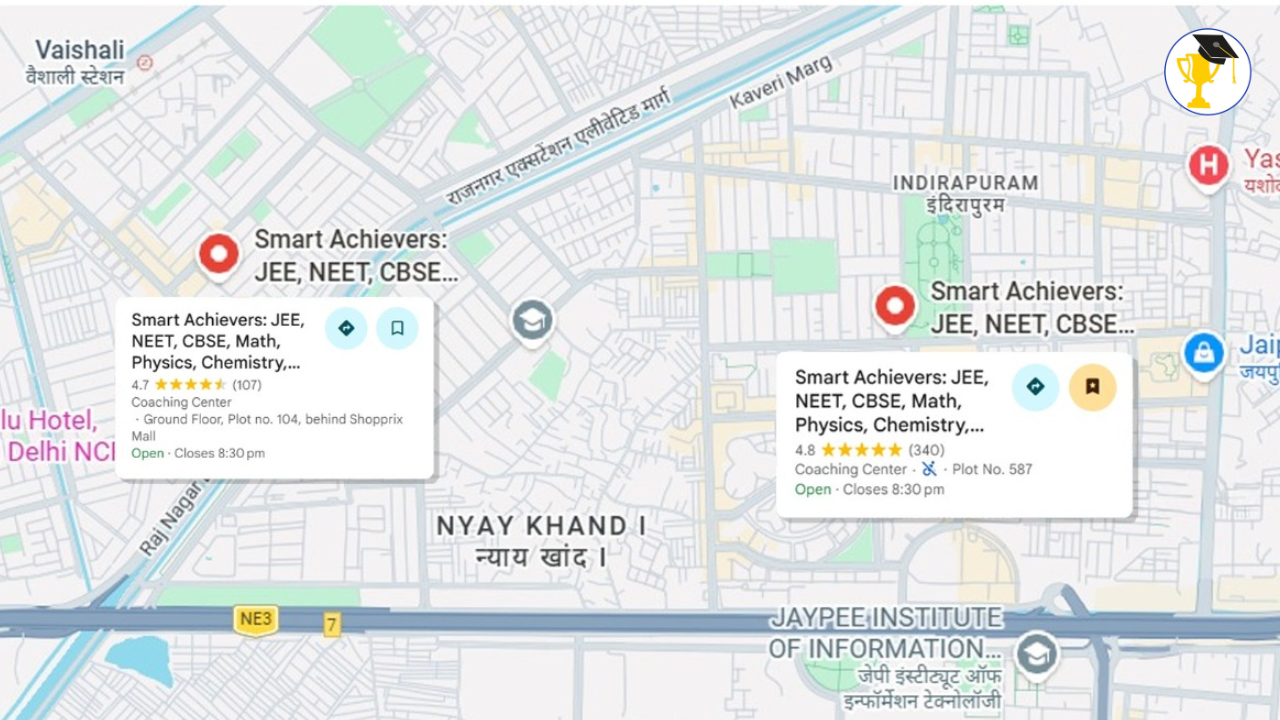How to Improve English Writing Skills for CBSE Exams
Excelling in English writing is essential for CBSE students aiming to score higher in board exams. Strong writing skills help convey thoughts effectively and improve overall confidence. Whether you’re writing essays, letters, or articles, honing these skills can significantly boost your performance. This guide shares practical strategies to enhance your English writing and perform well in CBSE exams while naturally integrating these essential keywords.
Why English Writing Skills Matter for CBSE Students
Higher Scores: Well-structured answers fetch more marks.
Effective Expression: Clear writing helps present your ideas convincingly.
Improved Grammar and Vocabulary: Good language skills enhance your overall performance.
Lifelong Benefits: Mastering English writing is valuable for higher education and professional success.
Tips to Improve English Writing Skills for CBSE Exams
1. Understand the CBSE Exam Pattern
Familiarize yourself with the types of writing tasks, such as letters, essays, and articles.
Study CBSE English writing tips and formats for structured answers.
Analyze previous years’ papers to recognize trends in letter and essay writing tips for CBSE.

2. Expand Your Vocabulary
Build a personal vocabulary list of words and phrases relevant to CBSE English exam preparation.
Use vocabulary apps like Duolingo to practice daily.
Incorporate synonyms, idioms, and phrases into your writing to make it engaging.
3. Master Grammar and Syntax
Focus on tenses, sentence structure, and punctuation to improve grammar for CBSE exams.
Use tools like Grammarly to identify and correct grammatical errors.
Regularly practice grammar exercises to master fundamentals.
4. Practice Writing Regularly
Dedicate time daily to write essays, letters, and articles.
Simulate exam conditions to improve time management and confidence.
Practice writing tips for board exams, like sticking to word limits and organizing ideas.
5. Follow Prescribed Formats
Learn and apply the correct formats for letters and articles in CBSE exams.
Use structured layouts with clear introductions, body paragraphs, and conclusions.
Review CBSE board exam strategies for formatting tips.
6. Read Extensively
Read newspapers, CBSE-recommended books, and sample papers to enhance writing style.
Focus on editorials and articles for insights into effective writing techniques for students.
Analyze how arguments are presented and replicate similar techniques.
7. Practice with Previous Year Question Papers
Use previous year papers for competitive exams to understand question patterns.
Combine practice with mock tests and previous papers for comprehensive preparation.
Learn how to address repetitive questions effectively.
8. Work on Time Management
Allocate specific time for each task, like brainstorming, writing, and reviewing.
Use the Pomodoro Technique to maintain focus during practice sessions.
Learn time management for exams to complete papers efficiently.
How to Handle Board Exam Pressure: A Mental Health Guide for CBSE Students Click Here
9. Improve Presentation and Handwriting
Write legibly with proper spacing and margins.
Use bullet points or subheadings to organize information clearly.
Focus on writing tips for CBSE board exam success, like highlighting key points.
10. Seek Feedback and Revise
Share your writing with teachers or peers for constructive feedback.
Identify weak areas and focus on improving them.
Join writing groups to practice and learn collaboratively.
Specific Writing Tips for CBSE Tasks
Essay Writing
Start with a strong introduction to grab attention.
Stick to the word limit and maintain logical flow.
Support arguments with examples and conclude effectively.
Letter Writing
Follow formal or informal formats based on the type of letter.
Use clear and concise language to convey your message.
Maintain a polite and professional tone for formal letters.
How to Deal with Exam Burnout: Tips to Revitalize Your Energy Click Here
Article Writing
Use a captivating title and structured content with subheadings.
Provide actionable suggestions and insights.
Focus on clarity and relevance to the topic.
Common Mistakes to Avoid
Skipping prescribed formats for tasks like letters and articles.
Ignoring grammar and punctuation errors.
Overusing complex words at the expense of clarity.
Neglecting proofreading, leading to avoidable mistakes.
Poor time management, resulting in incomplete answers.
Tools and Resources for CBSE English Writing Preparation
Online Tools: Grammarly for grammar checks, Hemingway App for readability.
Books: Wren & Martin, CBSE English Core textbooks.
Practice Papers: Solve CBSE sample papers and practice papers for board exams.
Apps: Vocabulary.com for building a strong word bank.
Benefits of Strong English Writing Skills
Score Higher in CBSE Exams: Precise and well-presented answers fetch more marks.
Boost Confidence: Clear writing reduces stress during exams.
Enhance Creativity: Writing essays and articles allows students to express ideas innovatively.
Improve Communication: Mastering English writing aids in academic and professional success.
Final Thoughts
Improving English writing skills for CBSE exams requires consistent effort, strategic preparation, and practice. By following these CBSE English exam preparation tips, mastering grammar and vocabulary, and leveraging writing tips for board exams, students can enhance their performance significantly. Remember, practice makes perfect—so start honing your writing skills today to excel in your CBSE exams!
 STUDY MATERIALS
STUDY MATERIALS
 COURSES
COURSES
 MORE
MORE























